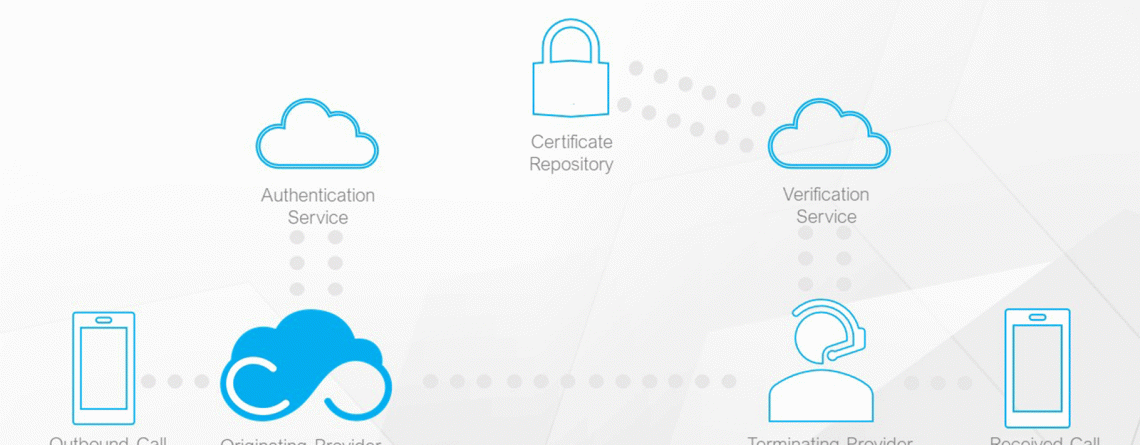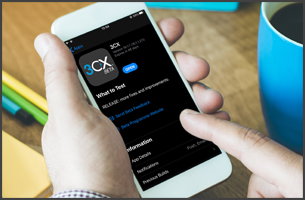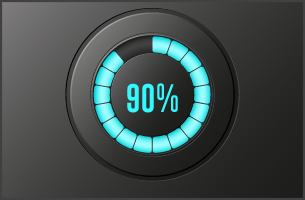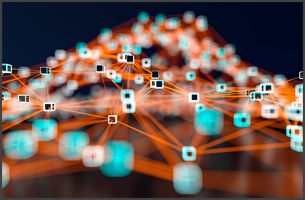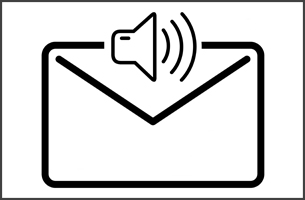What Is STIR/SHAKEN Certification, And Why Does It Matter?

What Is STIR/SHAKEN Certification, And Why Does It Matter?
We have all been there at some point. You pick up the incoming call, and you hear, hello – hello? Oh hi! This is <fill in the blank> calling about your automotive warranty…. Yes, the dreaded robocall. The number that called appeared to be local, as did the last several calls. Eventually, you just stop answering calls that aren’t on your contact list. You ask yourself: “How do they get so many local numbers?”. The reality is these call centers are using what’s called CallerID Spoofing where their PBX is simply sending a local number as the CallerID to entice you to pick up. STIR/SHAKEN is meant to prevent this by having the Originating Provider rate the call before it is sent to the Terminating Provider who then can verify the information received against a central repository before sending the call to you. It matters because your provider can now proactively block calls before sending them to your phone.
What Does Stir/Shaken Mean?
The FCC has created a framework of interconnected standards to attempt to put a stop to these spammy calls. According to the FCC, STIR/SHAKEN is a framework of interconnected standards. STIR/SHAKEN are acronyms for the Secure Telephone Identity Revisited (STIR) and Signature-based Handling of Asserted Information Using Tokens (SHAKEN) standards. This means that calls traveling through interconnected phone networks would have their caller ID “signed” as legitimate by originating carriers and validated by other carriers before reaching consumers. STIR/SHAKEN digitally validates the handoff of phone calls passing through the complex web of networks, allowing the phone company of the consumer receiving the call to verify that a call is in fact from the number displayed on the Caller ID.
How Will Caller ID Authentication Help?
By requiring providers to implement the STIR/Shaken framework and become certified, providers are certifying that they are taking reasonable steps to ensure they are avoiding originating illegal robocall traffic. As the framework is only considering IP network traffic, the FCC has also required providers using older forms of network technology to either upgrade to IP or actively work to develop a caller ID authentication solution that works for non-IP networks.
At CloudCo we are taking a proactive stance and certify every call.
You can also see us listed in the FCC’s Robocall Mitigation Database

